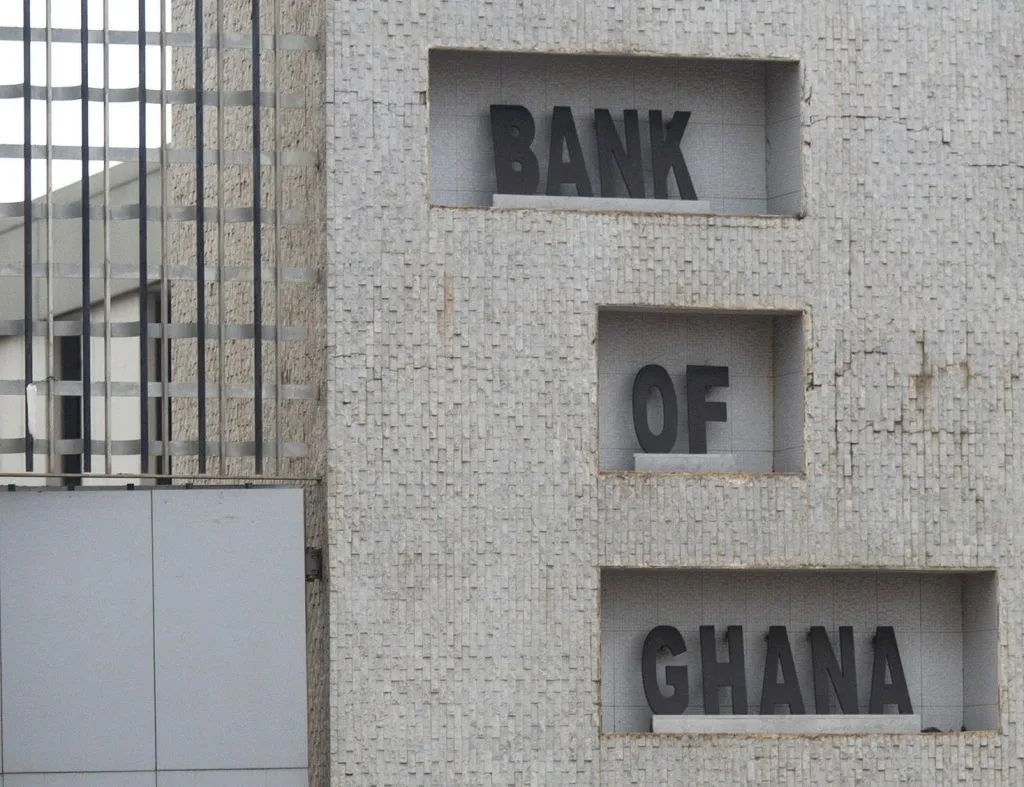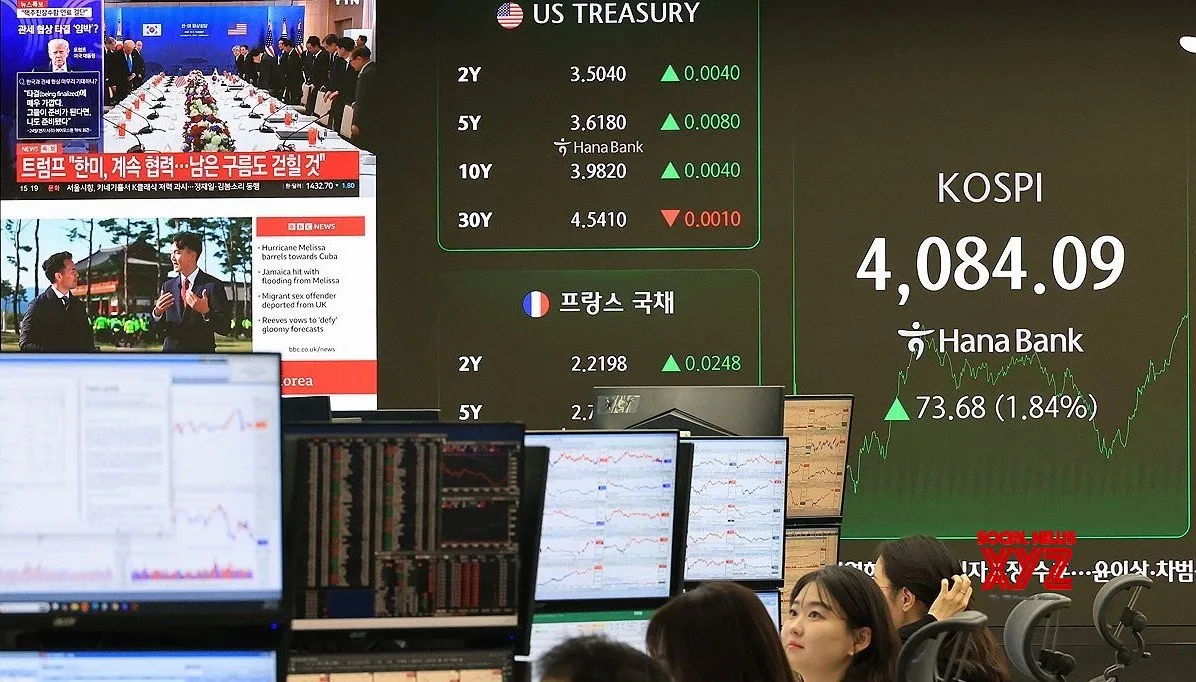Copyright thebftonline

A Business & Financial Times (B&FT) investigative report has revealed that some commercial banks in the country may have facilitated billions of dollars in foreign currency transfers without corresponding imports. This compliance lapse undermines the Bank of Ghana’s (BoG) own import verification regime, resulting in US$20billion of undocumented forex transfers between April 2020 and August 2025. Firstly, 17,771 Import Declaration Form (IDF) applications were used by importers to transfer funds exceeding BoG’s allowable threshold of US$200,000 – the limit beyond which supporting import documentation must be submitted. However, banks continued to process transactions for clients who have breached the limit… suggesting that internal compliance systems either failed or were ignored. Thus, in total, banks transferred over GH¢31billion (approximately US$20.4billion, on account of exchange rates over the timeframe) across various currencies within the five-year period without validating import documentation. It becomes extremely worrisome when there is no clear evidence that most of these transactions were linked to genuine imports. This lack of cross-checking between the Customs system and bank reporting channels creates fertile ground for abuse. The information reviewed indicates that out of more than 525,000 IDF-linked transfers recorded between April 2020 and August 2025, worth over GH¢83billion, only about 10,440 IDFs were actually used to import goods. It also means less than 2 percent of all transfers were followed by physical imports, leaving more than GH¢80billion worth of foreign exchange outflows unexplained. Further analysis showed that approximately GH¢127billion in funds were remitted for imports valued at only GH¢51.8billion, implying that nearly GH¢75.5billion worth of transfers were not supported by corresponding imports. This level of under-declaration represents roughly 40 percent of the true import value, leading to an estimated GH¢22.6billion losses in Customs duties and taxes over the five-year period. The Ghana Association of Banks (GAB) issued a statement seeking to clarify the industry’s position – noting that banks had observed a growing trend wherein some importers use an IDF to initiate advance payments, only to generate new IDFs upon arrival of goods in an attempt to under-invoice and evade Customs duties. Banks are prohibited from facilitating advance foreign exchange transfers abroad on behalf of any importer for the purpose of importing goods if the importer has failed to fully account for any outstanding transfers beyond the regulatory period (90 days for general merchandise and 180 days for plant and machineries) up to US$200,000. Banking governance and compliance expert Dr. Richmond Atuahene cautions that Ghana’s banking system has become a weak link in the country’s anti-money laundering (AML) framework… with profit motives often overshadowing compliance obligations. He says banks are supposed to serve as the ‘gate’ against illicit financial flows, but have often failed to enforce due diligence requirements under the Money Laundering Act. “Unfortunately, many now think more about profitability than compliance. They see deposit mobilisation and transaction fees as more important than preventing money laundering.” He describes the current situation as “a complete weakness” within the banking sector and Financial Intelligence Centre (FIC). Experts say such gaps are not just a fiscal concern but also a macroeconomic risk, given that these unverified transfers directly inflate demand for foreign exchange – distorting the market and putting pressure on the cedi. Indeed, when billions leave the system without corresponding imports, it undermines both currency stability and revenue collection. The period between 2023 and 2024 recorded the highest volumes of unverified transfers; the same years Ghana experienced its steepest currency depreciation. The cedi lost nearly half its value over that period, a trend the audit links to rising “phantom” import transactions which drained forex reserves. Authorities are now considering a full overhaul of the IDF framework to curb misuse.



